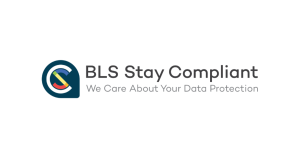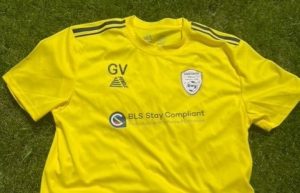Congratulations to all students who have received exam results this year, the hard work and waiting is over, and the future is exciting!
For all GCSE, A Level and University students the waiting is finally over and those long-anticipated exam results have been released.
Reaction to grades may be positive or negative, and some students may be wondering if there’s any more to be known about the results on their sheets of paper.
The answer is yes; the GDPR gives everyone the right to find out information held about them. This includes students who want to request information about them and their exam performance.
What can you find out ?
- Your mark (not just the grade given on paper)
- Any examiners comments given
- Minutes of any appeal panels
What can you not find out?
- Copies of your exam questions, as marked by examiners, or the answers themselves
How do you get this information?
- This type of request is known as a ‘subject access request’ and to get access to information held about you, you would need to write to whoever holds the information. If you are looking for more information from an exam board, you could write to the exam board in question – asking your school or college if they have an address may be a good place to start. Email is fine if you’d rather not write a letter, but it’s a good idea to keep a copy of whatever you send and the date you sent it.
How long will it take?
- Provided your results have been published, the organisation you write to requesting your information must respond to your request within one month.
- If you request the information before your results have been released, they must respond within 5 months or within 40 days of the results being published (whichever is earlier).
Can I request general information from my school?
- This is a ‘Freedom of Information Request’ so is treated differently to a ‘Subject Access Request’ above. You can ask your school or university for official information in writing, such as how many students received a certain grade at that school or information about the appeals procedure, by sending a letter or an email to them directly. As above, make sure you keep a copy and make a note of the date you sent it.
- The organisation must respond to your request within 20 working days.
What age does someone have to be to send these requests?
- The GDPR does not specify an age limit for someone to send requests, so anyone can ask for the information held about them through a subject access request or request official information through a freedom of information request.
- When responding to a request, responders should note whether the person (who may be a child) wants their parent or guardian involved in their request and whether the person (or child) understands what is involved.
- As a rough guide, the GDPR expects a child of around age 12 to be mature enough to understand the request they are making, although this of course differs from child to child.
Can schools give my exam results to the media?
- The publishing of exam results is common practice and the GDPR does not stop this from happening. The school or university does not need to ask students for permission as the they have a legitimate reason for publishing the information.
- However, under GDPR schools must take any concerns very seriously where publishing this information may be damaging to the welfare of their student(s).
- Schools should make students (and where applicable, parents and guardians) aware as early as possible when and where the results will be published.
- Despite that, you or your parents/guardians have the right to object to having your exam results published. A school should consider any objections to publish the information before giving it to the media and would need to have a good reason to continue with publishing should an objection be made.
If you are a school or university and need help understanding how to respond to any SARs or FOI requests, get in touch. We have experience supporting schools and higher education organisations in complying with Data Protection and dealing with subject rights and can guide you through the process info@staycompliant.training or call 01274 562630.




















